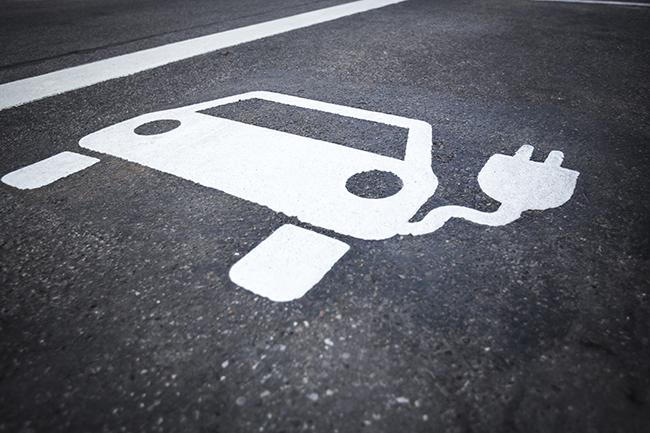KPMG: Electric vehicles will account for about 30% of global car sales by 2030
Battery-powered electric vehicles will account for around 30% in global car sales by 2030, according to the 24th edition of KPMG's report entitled. 'Global Automotive Executive Survey'. At the same time, nearly 70% of new cars will be sold directly through online platforms or by car manufacturers.
The automotive industry predicts that China will take the lead in terms of market share of electric vehicles (36%), while the US, Japan and Western Europe are expected to account for 30-33%. Despite economic uncertainty, many respondents to the KPMG survey expect car prices to continue to rise. However, increasing competition and declining inflationary pressures may limit the possibility of their increases in 2024, according to the material.
"The share of electric cars in global car sales is steadily increasing, and 2023 was the first year in which an electric car was the most purchased car in Europe and globally (regardless of propulsion source). At the same time, industry representatives have updated their forecasts for the dynamics of further growth. This is influenced, among other things, by the continued higher prices of electric vehicles while subsidy programmes for their purchase are being reduced in some countries. In addition, the projected growth rate is influenced by the pace of charging infrastructure development, which is key to addressing customer concerns about the range of electric cars," said Przemysław Szywacz, partner in the tax advisory department and leader of automotive sector advisory at KPMG in Poland.
Due to the disruption caused by the pandemic and geopolitical tensions, companies are investing significant resources in securing the supply of raw materials. They are focusing on direct investments, joint ventures with component manufacturers and acquiring stakes in the mining industry. Slower growth in EV sales could mean opportunities for carmakers to further strengthen their supply chains. Last year's survey results show that companies have learned a lot in recent years and are looking to increase their resilience to potential disruptions, it stressed.
"In the face of increased competition and a dynamically evolving market, achieving profitability will require automakers to be flexible and innovative. It will be crucial to invest in cost optimisation strategies, such as streamlining the supply chain, using artificial intelligence in manufacturing and reducing battery production costs, so that high-quality electric vehicles can be delivered at an affordable price," added Mirosław Michna, partner in the tax advisory team for the automotive sector at KPMG in Poland.
There is a growing perception that carmakers are less prepared than in previous years for the development of advanced technologies such as artificial intelligence, Digital Twins or advanced robotics. The number of respondents to KPMG's global survey claiming to be very well or excellently prepared for this task has fallen by 23 percentage points.
At the same time, in the list of skills that survey respondents believe will prove to be the most important in the next few years, skills related to artificial intelligence topped the list, with 25 per cent of respondents globally and 26 per cent in Europe, it concluded.
Source: KPMG and ISBnews








